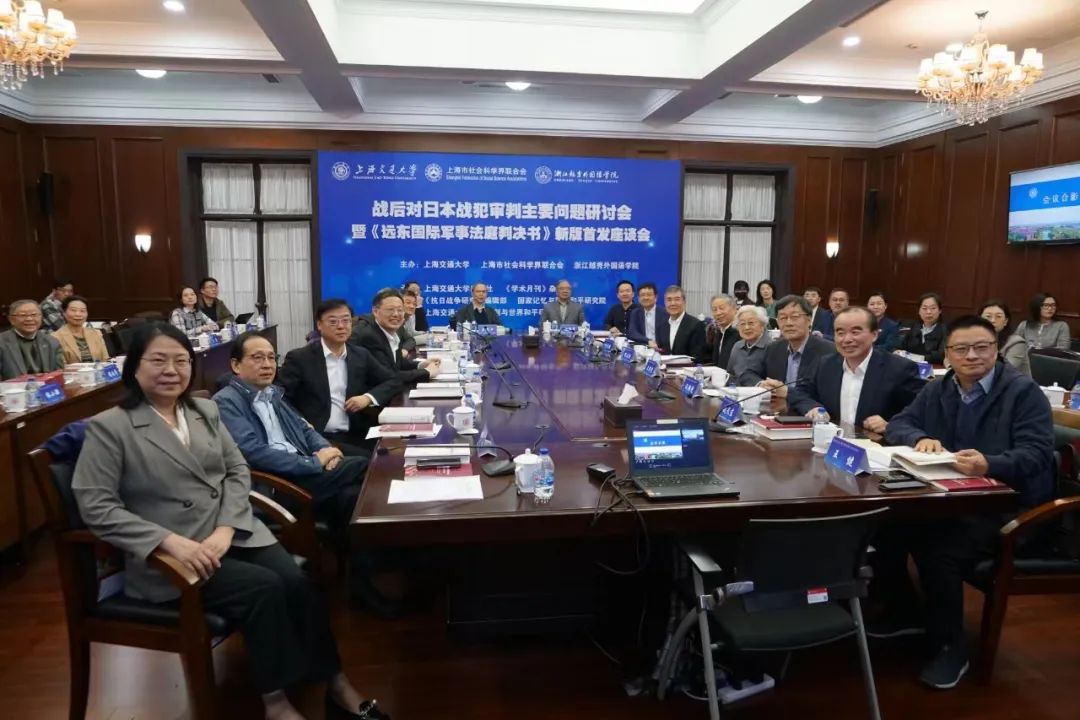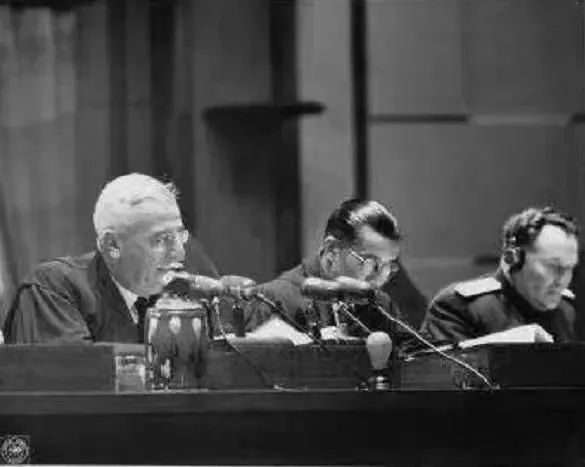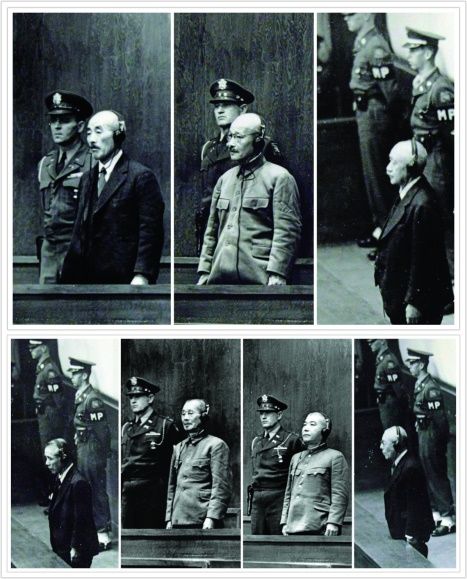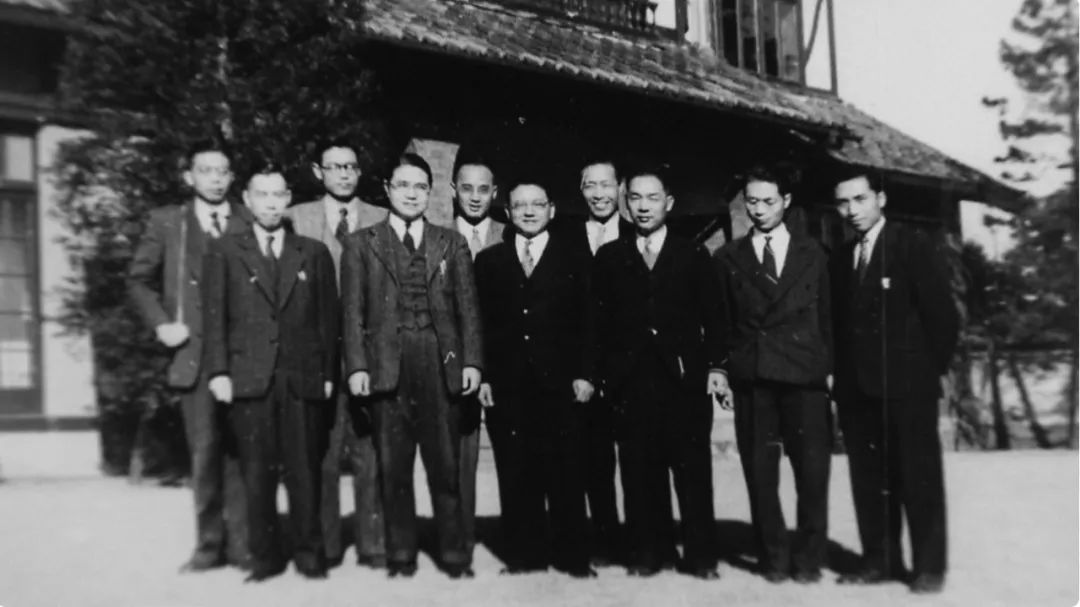Never Forget Historical Contributions of Tokyo Trial
From May 3, 1946 to November 12, 1948, the International Military Tribunal for the Far East (IMTFE) tried Class-A Japanese war criminals during World War II in a series of international trials in Tokyo, known as the “Tokyo Trial”. The Tokyo Trial gave those chief culprits the punishment they deserved for their crimes of launching wars of aggression against other countries and killing their people. The trial upheld international justice and maintained human dignity.
This year marked the 75th anniversary of the Tokyo Trial’s judgment and sentence of Japanese war criminals during World War II. Today, a look back at the historical contributions of the Tokyo Trial still leaves us with thought-provoking lessons.
Never Forget the Historical Contributions of the Tokyo Trial
“Mr. President, this is no ordinary trial, for here we are waging a part of the determined battle of civilization to preserve the entire world from destruction ... If there is no justification for punishment of individuals who have already brought civilization to the brink of disaster, then justice itself is a mockery.”
This is an extract from the Opening Statement given by Joseph Berry Keenan, chief prosecutor for the Tribunal,in 1946. Gao Wenbin, then a translator and secretary to Chinese prosecutors in the Tokyo Trial, once quoted this remark to highlight the role that the trial played in history.
From November 11 to 12, 2023, on the occasion of the anniversary, a symposium on main issues in the trials of Japanese war criminals after World War II was held in Shanghai. The symposium also witnessed the launch of the newly translated Judgment of the International Military Tribunal for the Far East. The event was jointly hosted by Shanghai Jiao Tong University, Shanghai Federation of Social Science Associations, and Zhejiang Yuexiu University; and jointly organized by Shanghai Jiao Tong University Press, Academic Monthly, The Journal of Studies of China’s Resistance War Against Japan editorial office, Institute of National Heritage & International Peace, and Shanghai Jiao Tong University Research Institute of War Crimes Trials and World Peace. The experts at the symposium discussed topics from the historical contributions of the Tokyo Trial, and main issues in the trials of Japanese war criminals after World War II, to the collection of historical materials during the Tokyo Trial.

The Tokyo Trial proved the crimes committed by Japanese militarists through full and accurate evidence and testimony. The trial served as a wake up call to the world and the future. The victory in World War II and the trials of war criminals were significant achievements in history. Theatrocious Nanjing Massacre was fully revealed during the Tokyo and Nanjing trials, those at the symposium pointed out.
The scholars stressed the importance of understanding the significance of the Tokyo Trial from different perspectives. From an international law standpoint, the trial laid a foundation in the field of international law, in terms of both theory and practice; from a historical perspective, the trial brought a new lease of life to Japan as it served as a warning to the future while investigating its war crimes. The Tokyo Trial also has practical implications for the world. The Judgment of the International Military Tribunal for the Far East prompted the world to reflect on historical truth and conflicts that exist in reality, as the worldadapted to great changes unseen in a century.
Those at the meeting reached a consensus that scholars should assume greater social responsibilities. They called on social science researchers to produce more outcomes, and the two think tanks, Institute of National Heritage & International Peace and Shanghai Jiao Tong University Research Institute of War Crimes Trials and World Peace, to speed up relevant research.
Looking back at History
During the Tokyo Trial that lasted two and a half years, the Chinese delegation nailed Japanese war criminals to the pillar of shame in history with ironclad facts.
On May 14, 1946, the Chinese prosecution team, headed by Hsiang Che-chun (Xiang Zhejun), spoke for the first time during the court proceedings, and forcefully refuted the statement by the counsel for the defense that there didn’t exist a state of wars between China and Japan before war was declared between the two countries.
Seishiro Itagaki, one of the main plotters behind the September 18 Incident, arrogantly presented 48 pages of argument trying to pardon himself for his crimes. From October 8 to 10, 1947, Ni Zhengyu (Ni Judson), chief legal consultant to the Chinese prosecution team, questioned Seishiro Itagaki 122, 202, and 168 times, respectively, in the court. That totaled nearly 500 times.
After days of rebuttal and argument, eloquent Ni Zhengyu completely breached the defensive line of war criminals Kenji Doihara and Seishiro Itagaki with solid and powerful evidence.
From 1946 to 1948, Mei Ruao represented China as a judge at the IMTFE and presided over the trials of main Japanese war criminals in Tokyo together with other judges from another 10 countries. Mei Ruao directly participated in hearing the Nanjing Massacre case and trying Class-A war criminal Iwane Matsui, who was mainly responsible for the Nanjing Massacre.

Chinese judge Mei Ruao (middle) in the tribunal
Based on the evidence about the atrocities of the Japanese army collected in the process of the trial that continued over two years, Mei Ruao insisted on sentencing to death seven criminals who committed heinous crimes in China. They were Hideki Tojo, Kouki Hirota, Kenji Doihara, Seishiro Itagaki, Iwane Matsui, Akira Muto, and Heitarō Kimura. In the end, through extensive negotiation and mediation, Mei Ruao convinced most other judges to accept his views. The court gave the verdict that the seven defendants should be sentenced to death by hanging!

The seven defendants who were sentenced to death by hanging on November 12, 1948. From the top left: Seishiro Itagaki, Hideki Tojo, Kenji Doihara, Kouki Hirota, Iwane Matsui, Akira Muto, and Heitarō Kimura
This was a hard trial, but also a fair and just trial! Members of the Chinese delegation made remarkable contributions to upholding justice and severely punishing war criminals. Their names deserve to be etched into our memories forever: Mei Ruao, Fang Fushu, Luo Jiyi, Yang Shoulin, Hsiang Che-chun (Xiang Zhejun), Qiu Shaoheng (Henry Chiu), Liu Zijian, Zhu Qingru, Gao Wenbin, Ni Zhengyu (Ni Judson), Wu Xueyi, E Sen, Gui Yu, Zhou Xiqing, Zhang Peiji, Zheng Luda, and Liu Jisheng.

Some members of the Chinese delegation. From left to right, front row: Gui Yu (consultant), Ni Zhengyu (Ni Judson, consultant), Xiang Zhejun (procurator), Wu Xueyi (consultant), Zheng Luda (translator), Zhang Peiji (translator); From left to right, back row: Zhou Xiqing (translator), Liu Zijian (procurator secretary), Yang Shoulin (judge secretary), and E Sen (consultant)

